Palestinian infant, parents pepper-sprayed by Israeli settlers in occupied West Bank
A Palestinian infant has been seriously injured after extremist Israeli settlers attacked his parents’ car with pepper spray in the occupied West Bank.
Palestine’s official Wafa news agency, citing local officials, said the infant was seriously hurt late on Monday when Israeli settlers attacked his parents’ car on a road linking Jenin and Nablus districts.
The infant’s father said after the incident that four Israelis opened the door of their car after he stopped near the West Bank outpost of Homesh and pepper-sprayed him, his wife, and his infant son.
The infant was rushed to a medical center near Jenin for treatment where he was reported in serious condition.
Settler violence is rampant in the occupied Palestinian territories.
Settlers, protected by Israeli forces, regularly attack Palestinian commuters and villages in the occupied territories. Despite the damage and injuries they cause, no one is prosecuted or even arrested while Palestinians who throw stones at Israeli cars are quickly arrested, sometimes even shot, and sentenced to long prison terms.
Moreover, various attacks on Palestinian property, including arson and graffiti, have become a daily occurrence throughout the occupied territories, particularly in the West Bank.
However, the vast majority of such criminal files are closed due to deliberate police failure to investigate properly.
Gaza children traumatized by 2021 Israeli war
In a report published on Tuesday, Lebanon’s Arabic-language al-Mayadeen television news network focused on the consequences of war on children in the besieged Gaza Strip after Israel unleashed a brutal war on the coastal enclave in May 2021, killing at least 232 Palestinians, including more than 60 children.
“Without a doubt, it is impossible to discuss children’s psychological situations without considering the political context. There is no doubt that the most recent aggression, which is part of a series of aggressions, led to a catastrophic situation,” Dr. Sami Owaida, Adolescent Psychiatrist and Mental Health consult in WHO, told al-Mayadeen.
Owaida stressed that prior to the Israeli aggression in May last year, children in Gaza had already been under the regime’s occupation and suffered from a 15-year blockade.
“Any aggression against children leaves very difficult psychological effects. The difficulty lies in the fact that we are restoring the psychological situation of children as much as possible, but in the event of renewed aggression, we relapse from zero,” Owaida said.
About 91% of Gazan children currently suffer from some form of trauma to say the least, according to a new report from the Euro-Mediterranean Human Rights Monitor, a Geneva-based independent, nonprofit organization that the Israeli occupation government outlawed in 2016.
Before May 2021, approximately 33% of children in Gaza required mental health support as a result of trauma, the same study reported.
“You’re talking about over a million and a half children, and children are the weakest segment because their cumulative experiences are still limited. These cases are very difficult, based on the cases that have come to the center and the fact that our psychological center is one of many in the Gaza Strip. Cases that primarily suffer from the loss of parents, loved ones, relatives, and friends... there is no house in Gaza where there is no loss in lives,” Owaida added.
The health expert said some of the most common signs of childhood trauma include nightmares, insecurity, and poor academic and social relationships.
Owaida told al-Mayadeen that “what is new in recent times is children suffering from severe poor appetite, which is caused by their refusal to eat during the May aggression in order to avoid going to the bathroom [they are terrified and frozen]. As a result, some symptoms of trauma lingered even after the aggression.”
The Gaza Strip, home to some two million people, has been under a blockade imposed by Israel since June 2007.
In recent years, the enclave has been receiving its bare essentials through the Kerem Shalom crossing as well as two others, including one with Egypt, which is being strictly controlled by the government in Cairo.
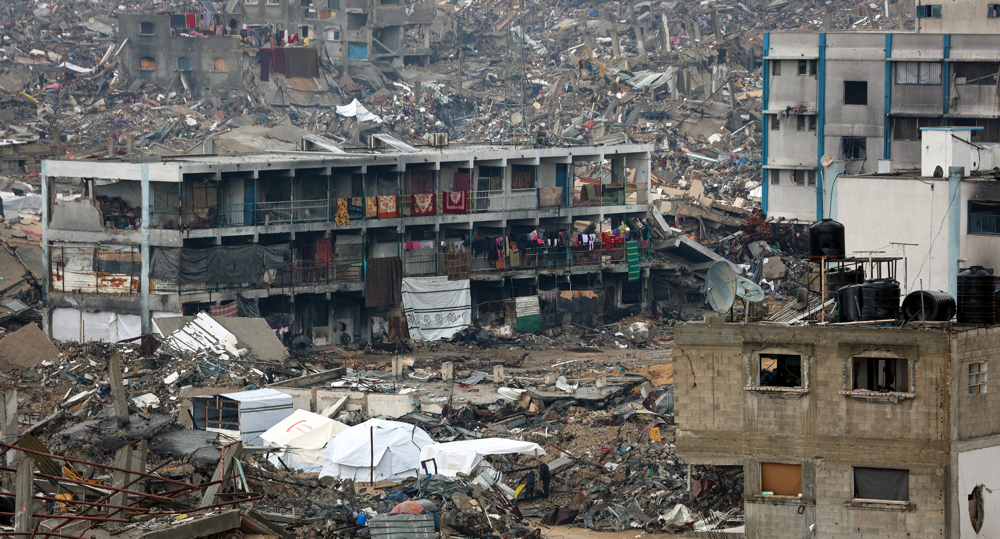
Israel’s war on Gaza put back development by 60 years: UNDP
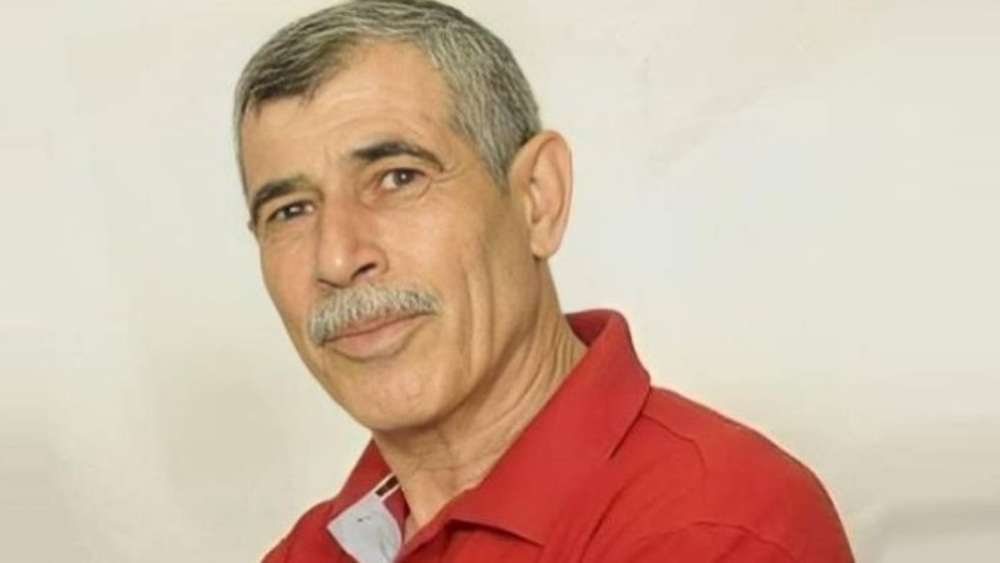
Who is Mohammed al-Tous, ‘dean of Palestinian prisoners’ released by Israel?
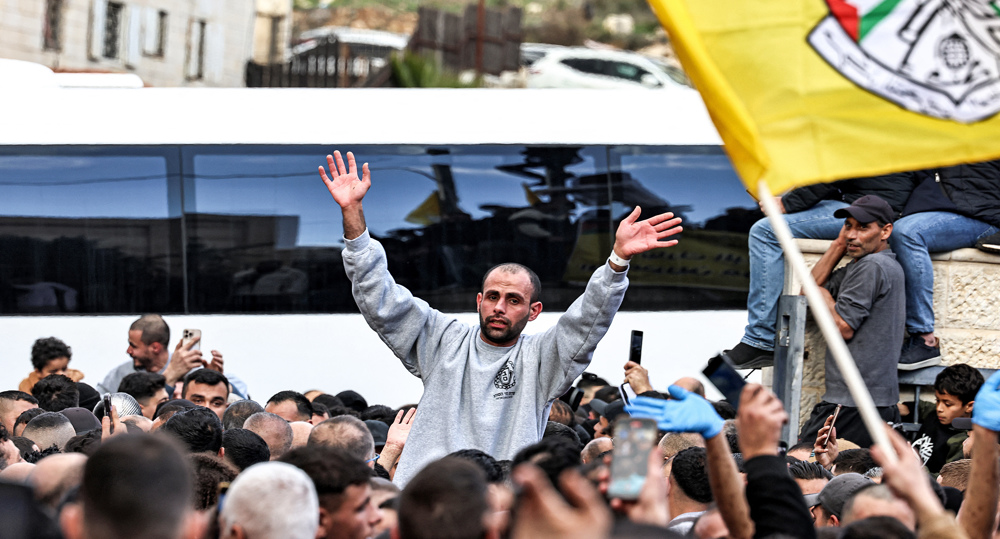
200 Palestinian abductees released in exchange for 4 Israeli soldiers
Iran starts $528 mln project to develop oilfields near Iraq border
Israel’s war on Gaza put back development by 60 years: UNDP
VIDEO | Massive demos for and against embattled Yoon rattle Seoul
Dutch embassy in Tehran flagged for excessive electricity usage
VIDEO | Iranian artists works exhibited in Vienna
Hezbollah condemns ‘unjust’ US decision to blacklist Yemen’s Ansarullah
VIDEO | Press TV's news headlines
Who is Mohammed al-Tous, ‘dean of Palestinian prisoners’ released by Israel?



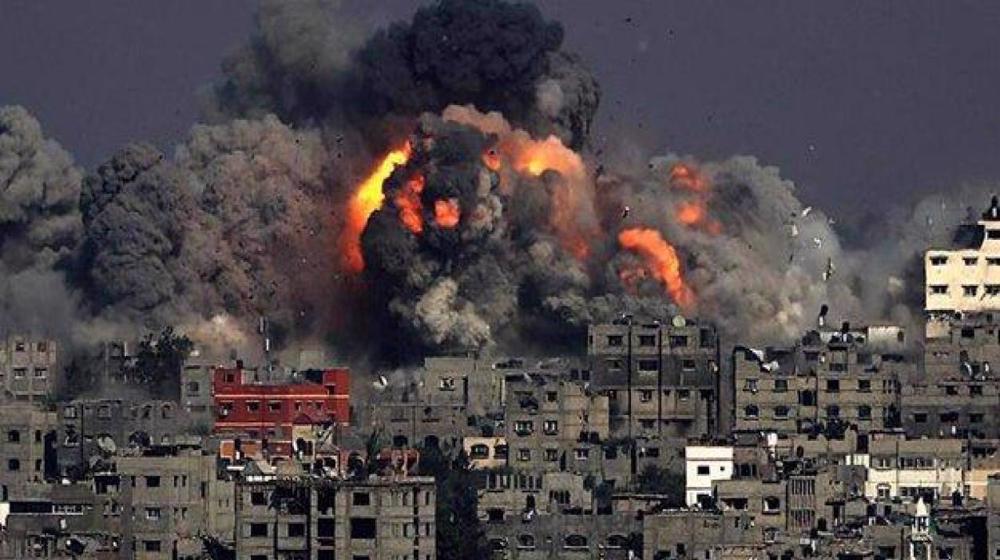



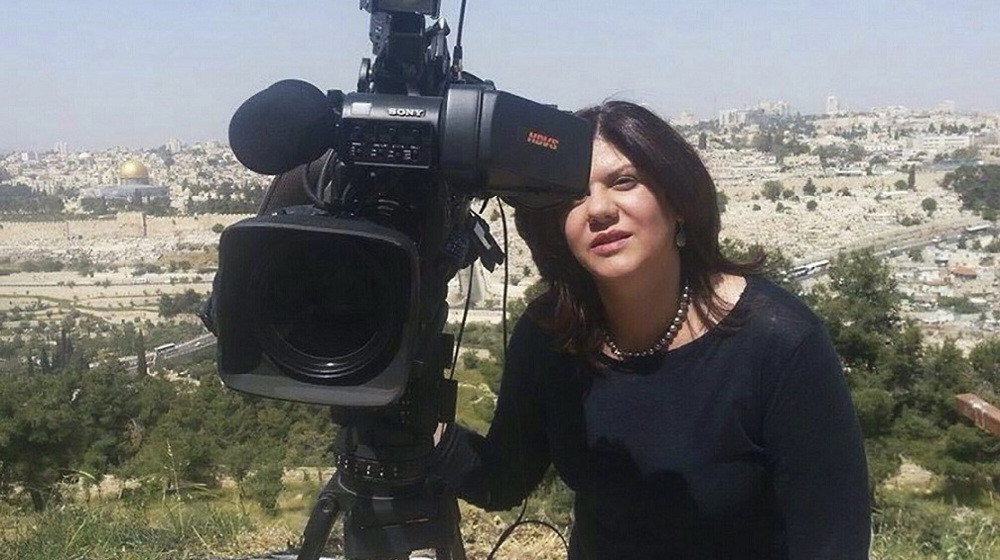
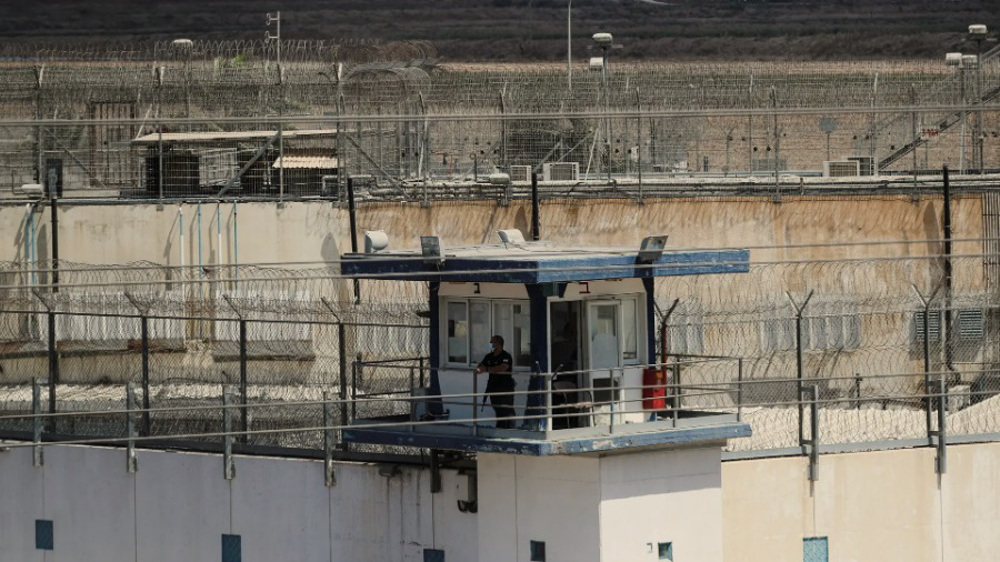
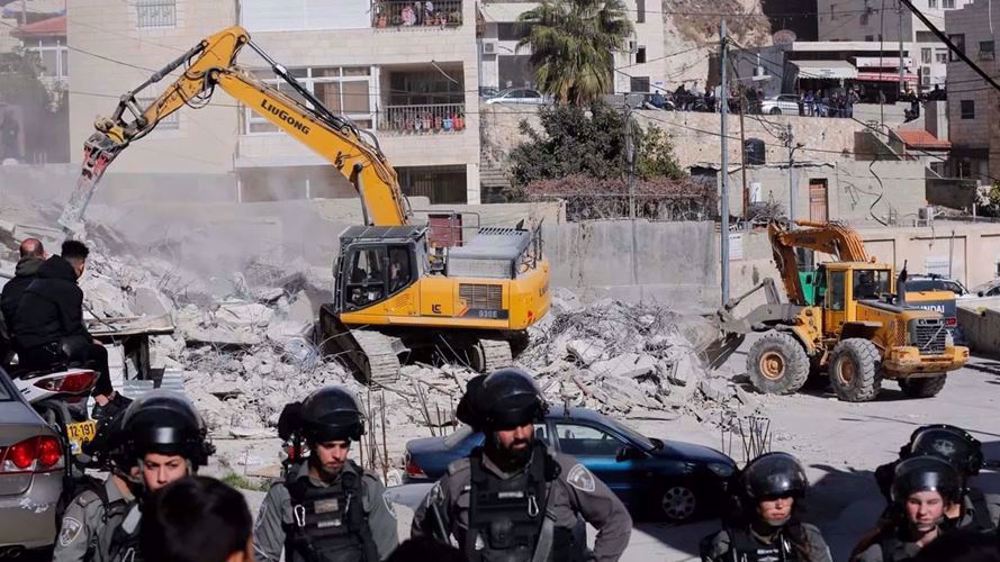
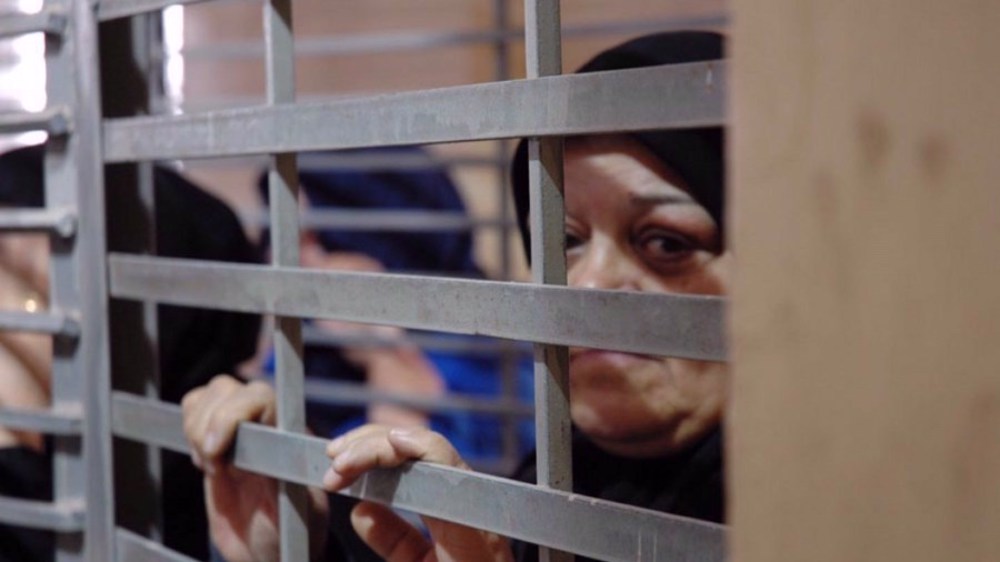
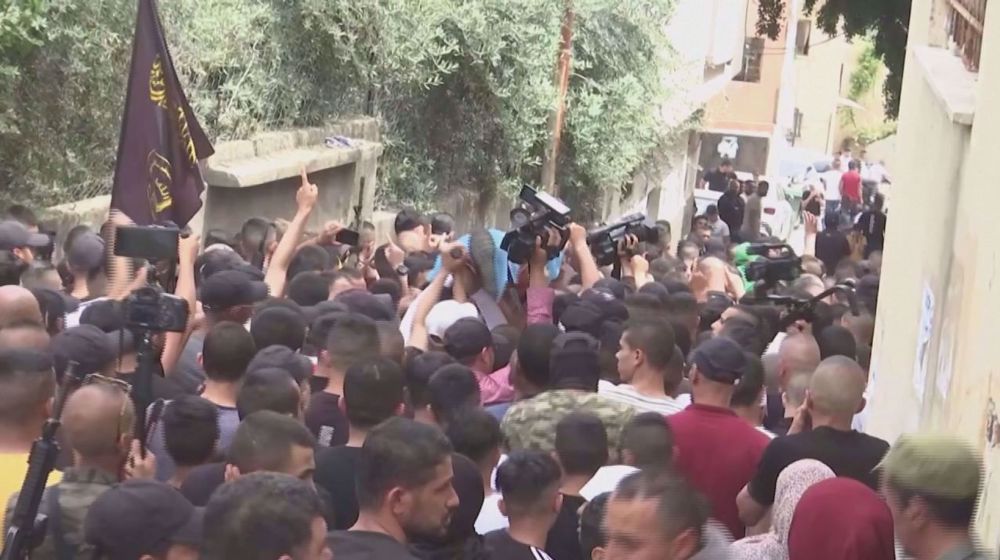

 This makes it easy to access the Press TV website
This makes it easy to access the Press TV website